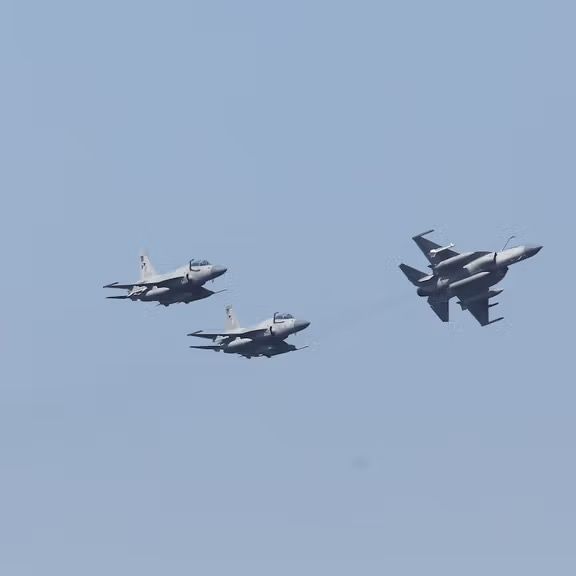Despite travelling to the Taliban’s power base, Fletcher was unable to meet with the group’s reclusive leader, Hibatullah Akhundzada. He did, however, hold discussions with the Taliban-appointed governor of Kandahar province.
In a post shared on the social media platform X on Wednesday, Fletcher shared images and video footage of his visit, noting that he engaged with local officials, returning refugees, and healthcare workers during stops at multiple aid sites, including a regional hospital.
Fletcher raised alarm over the plight of displaced children who have been separated from their families, and voiced serious concern over the deteriorating conditions faced by female aid workers.
“Cutting funding for those in greatest need is not something to boast about. For millions, it is a death sentence,” he wrote.
He revealed that recent funding shortfalls had led to the closure of 400 health centres across Kandahar, depriving over three million people of access to essential medical services.
The UN humanitarian chief highlighted severe shortages in hospital capacity, neonatal care, and basic medical supplies, and urged international donors and policymakers to visit Kandahar to witness the crisis firsthand.
“When you spend time with the female health workers on whom this infrastructure relies, and they tell you that they are facing salary cuts of half, of two-thirds,” Fletcher said, “this is the impact of aid cuts.”
He warned that these reductions could result in millions of preventable deaths. “I can’t sugar this pill,” he added.
While Kandahar is widely seen as the stronghold of Taliban supreme leader Akhundzada, Fletcher did not confirm whether a meeting with him had been requested or declined.
Earlier in his trip to Afghanistan, Fletcher met with senior Taliban officials in Kabul, including Deputy Prime Minister Abdul Salam Hanafi, Economy Minister Din Mohammad Hanif, and Foreign Minister Amir Khan Muttaqi. Their discussions reportedly focused on the worsening humanitarian situation, climate change, drug control, and regional security challenges.

